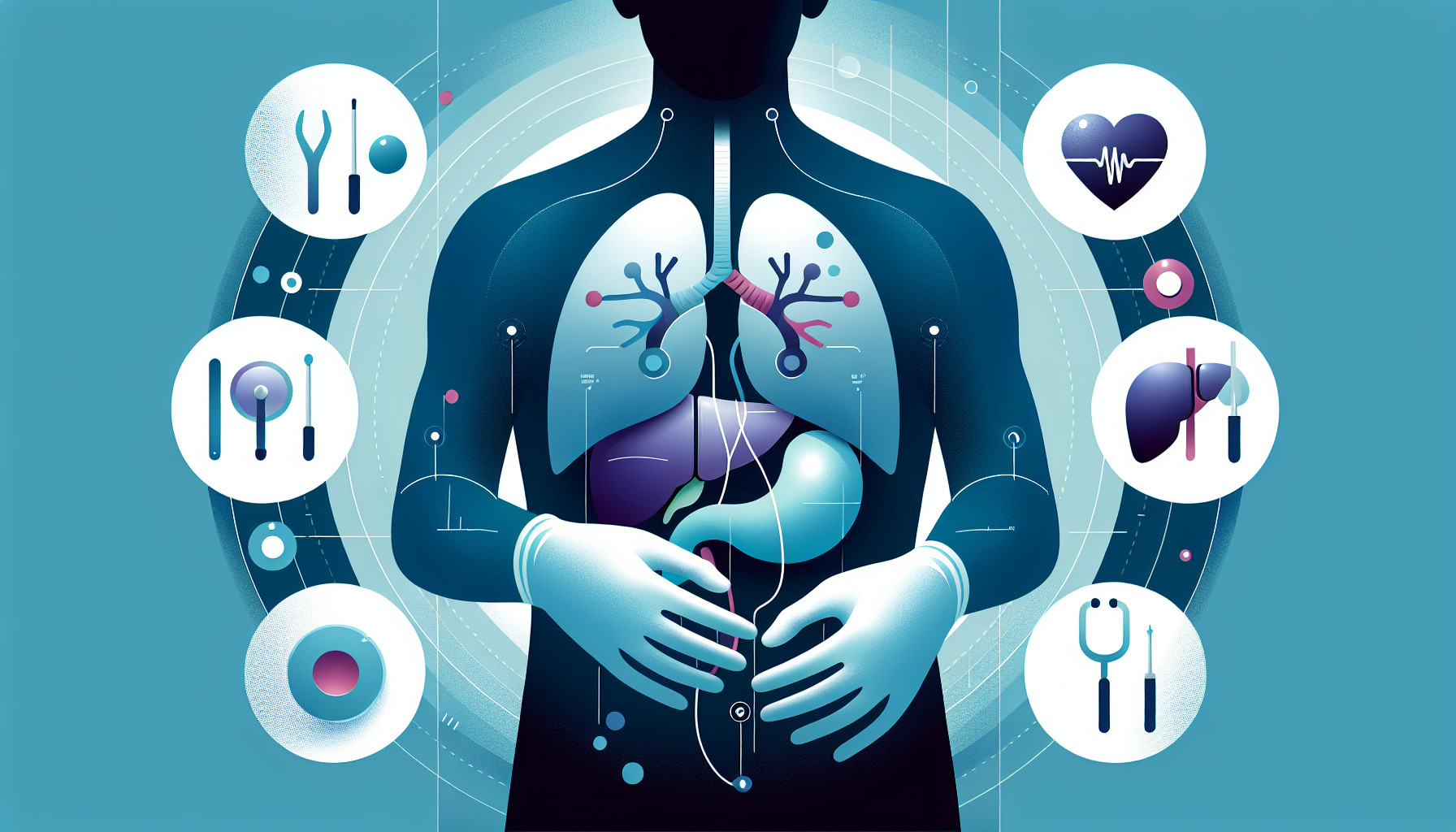Our Summary
This study looks at how competition and the availability of organs for transplant affect the use of kidneys in the United States. The researchers divided the areas studied into four groups depending on the level of competition: high, medium, low, and monopoly. They also grouped the areas by how many kidneys were available for each person on the waiting list.
They found that the level of competition didn’t consistently affect whether kidneys were used or discarded. However, they noted that when there were more kidneys available, they were more likely to be discarded or sent elsewhere (exported).
The key takeaway is that the number of available kidneys has a bigger impact on whether they’re used or discarded than the level of competition between transplant centers. These findings could be important for improving how we use available organs for transplants.
FAQs
- Does the level of competition between transplant centers affect the use or discarding of kidneys?
- How does the availability of kidneys impact their use or discarding in organ transplants?
- How can the findings of this study help improve organ transplant procedures?
Doctor’s Tip
One helpful tip a doctor might give a patient about organ transplant is to make sure to closely follow all post-transplant care instructions, including taking medications as prescribed, attending follow-up appointments, and maintaining a healthy lifestyle. This can help ensure the success of the transplant and reduce the risk of complications.
Suitable For
Patients who are typically recommended for organ transplant are those who have end-stage organ failure and have exhausted all other treatment options. This includes individuals with conditions such as chronic kidney disease, heart failure, liver failure, lung disease, and more. The decision to recommend a patient for organ transplant is based on a thorough evaluation of their medical history, overall health, and likelihood of success with the transplant. Additionally, patients must be willing and able to comply with post-transplant care and medications in order to ensure the success of the transplant.
Timeline
Before the transplant:
- Patient is diagnosed with a condition that requires an organ transplant.
- Patient undergoes medical evaluation to determine if they are a suitable candidate for a transplant.
- Patient is placed on the national transplant waiting list.
- Patient waits for a suitable donor organ to become available.
After the transplant:
- Patient receives a call that a suitable donor organ has been found.
- Patient undergoes the transplant surgery.
- Patient stays in the hospital for monitoring and recovery.
- Patient undergoes post-transplant care, including medication management and follow-up appointments.
- Patient adjusts to life with a new organ and continues to monitor their health closely.
- Patient may experience complications or rejection episodes that require medical intervention.
- Patient resumes normal activities and enjoys improved health and quality of life.
What to Ask Your Doctor
How does the level of competition between transplant centers affect the likelihood of receiving a transplant?
How does the availability of kidneys for transplant impact the decision to accept or discard a kidney?
What factors determine whether a kidney is considered for export to another area?
How can the findings of this study be used to improve the allocation and utilization of available organs for transplant?
Are there any specific strategies or guidelines that can be implemented to ensure that more available kidneys are used for transplant rather than being discarded or exported?
How does the concept of organ scarcity play a role in the decision-making process for transplant centers?
What are the potential ethical considerations involved in the allocation of kidneys for transplant, particularly in areas with varying levels of competition and organ availability?
Are there any ongoing efforts or initiatives to address the issues identified in this study and improve the efficiency of organ allocation and utilization for transplant patients?
Reference
Authors: Husain SA, King KL, Cron DC, Neidlinger NA, Ng H, Mohan S, Adler JT. Journal: Am J Transplant. 2022 Jun;22(6):1603-1613. doi: 10.1111/ajt.17010. Epub 2022 Mar 7. PMID: 35213789
